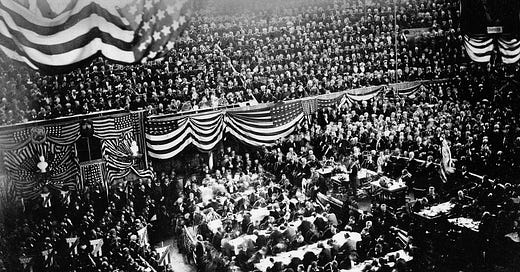Part two of a series. Read part one here.
The beliefs and practices of the Church of God did not arise out of a vacuum. Nor are they static. Our unique perspectives and contributions to the larger Body of Christ come out of very specific circumstances and times which have shaped us immensely. Despite what some might…





